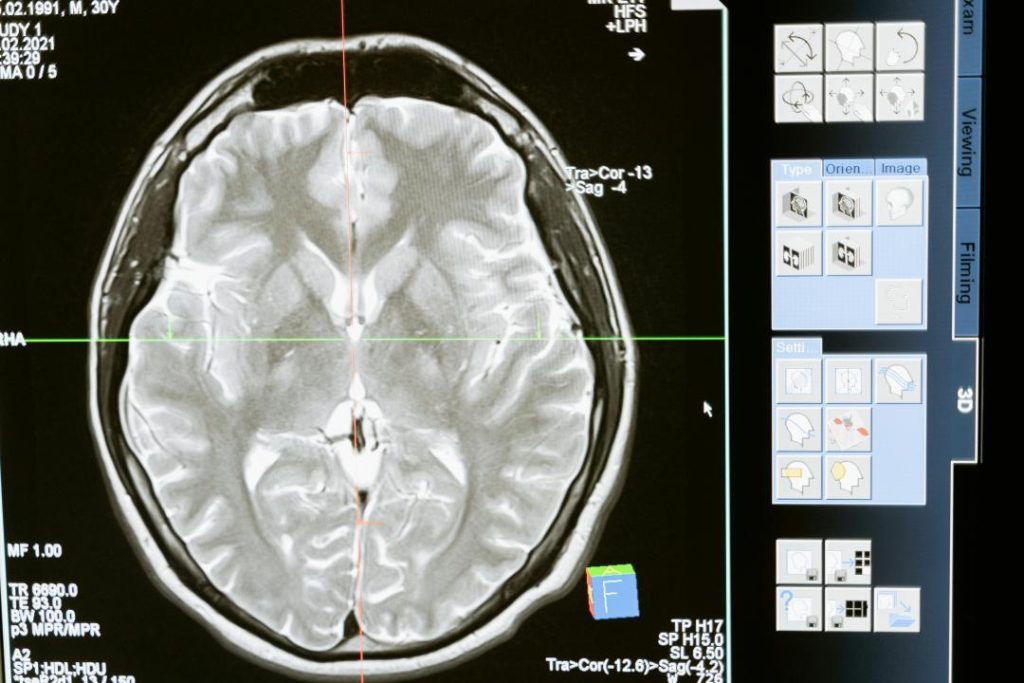
Regular Workouts Linked to Better Brain Ageing: Study
As we age, our brains undergo natural changes that can affect our memory, mood, and cognitive function. However, a recent study has found that regular workouts can help slow down this process and promote healthier ageing. The research, published in the journal Sports Medicine – Open, suggests that consistent aerobic and resistance exercise can enhance brain health, boosting memory, mood, and overall cognitive function.
The study, which involved a team of researchers from the University of California, Los Angeles (UCLA), analyzed data from over 300 older adults with an average age of 64. The participants were divided into three groups: those who engaged in regular exercise, those who were inactive, and those who had mild cognitive impairment.
The results showed that the group that exercised regularly had significantly better cognitive function than the other two groups. Specifically, they had improved memory, processing speed, and executive function, which are all important for daily activities such as problem-solving, planning, and decision-making.
But what exactly is happening in the brain when we exercise? The researchers found that regular physical activity increases blood flow to the brain, which is essential for delivering oxygen and nutrients to brain cells. This increased blood flow also helps to clear out waste products, such as beta-amyloid, which is a protein that can accumulate in the brain and contribute to cognitive decline.
Exercise also promotes the growth of new brain cells, a process known as neurogenesis. This is particularly important in older adults, as the brain’s ability to form new cells naturally declines with age. By stimulating neurogenesis, exercise can help to compensate for this decline and maintain healthy brain function.
The researchers also found that exercise has a positive impact on mood and emotional well-being. Regular physical activity has been shown to reduce symptoms of anxiety and depression, and can even help to alleviate symptoms of post-traumatic stress disorder (PTSD).
So, what does this mean for older adults who want to keep their brains sharp as they age? The study suggests that incorporating regular exercise into their routine can have a significant impact on cognitive function and overall brain health.
But it’s not just older adults who can benefit from exercise. The researchers suggest that regular physical activity can be beneficial for people of all ages, as it can help to build cognitive reserve and reduce the risk of age-related cognitive decline.
So, what kind of exercise is most beneficial for brain health? The study suggests that a combination of aerobic and resistance exercise is most effective. Aerobic exercise, such as brisk walking, cycling, or swimming, can help to improve cardiovascular health and increase blood flow to the brain. Resistance exercise, such as weightlifting or bodyweight exercises, can help to build muscle mass and improve cognitive function.
The researchers also emphasize the importance of consistency and duration. Aim to exercise for at least 30 minutes per session, three to four times per week. It’s also important to incorporate a mix of exercises that target different muscle groups and challenge the brain in different ways.
In conclusion, the study provides strong evidence that regular exercise can help to promote healthier ageing and reduce the risk of age-related cognitive decline. By incorporating physical activity into their routine, older adults can improve their memory, mood, and overall cognitive function, and reduce their risk of developing age-related cognitive impairments.
Sources:
https://thepfc.club/blogs/news/how-exercise-can-help-your-brain-stay-sharp-as-you-age






